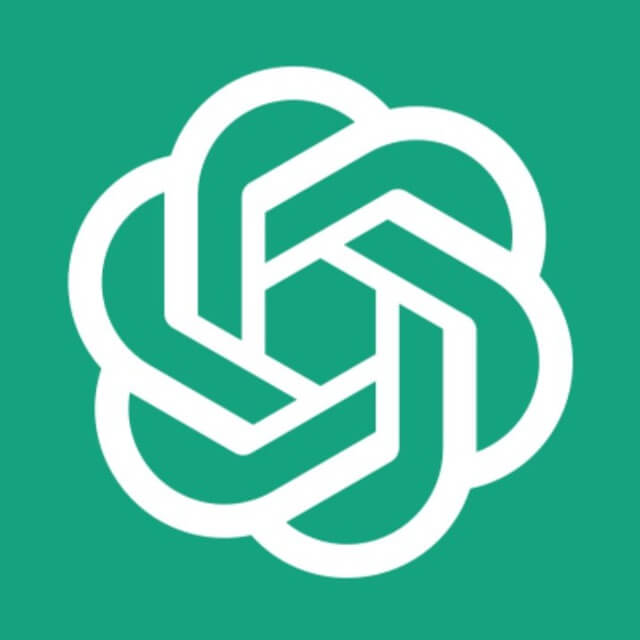Price Data
Analysis
Trade
Market Cap
All-Time High
All-Time Low
Fully Diluted Valuation
Circulating Supply
Total Supply
Categories
Introduction to LOOMOLD
Loom Network has emerged as a significant player in the blockchain ecosystem, particularly focusing on Ethereum-based applications. It is a Platform-as-a-Service (PaaS) comprising a suite of tools and services designed to enable developers to create scalable decentralized applications (dApps). This article provides an informative overview of the origins, functionalities, and the evolution of LOOMOLD, the utility token that powers the Loom Network.
Origin and Utility of LOOMOLD
Beginnings of Loom Network
Founded in 2017 and headquartered in Bangkok, Thailand, the Loom Network introduced an innovative approach to address the issues of scalability and user experience in blockchain applications. Emphasizing the need for more personalized consensus methods and security measures, Loom aims to facilitate the development of enterprise-grade dApps.
The Utility Token: LOOMOLD
LOOMOLD is the native ERC-20 utility token of the Loom Network. It serves several purposes:
-
Access and Fees: To access the Loom Network's services, a minimum holding of one LOOM token is required. Subscription fees for the PaaS model and transaction fees for asset transfers between Loom sidechains and the Ethereum blockchain are also paid in LOOMOLD.
-
Token Allocation: With a capped supply of one billion tokens, 35% is reserved for project sustainability, and 10% allocated to the team and advisors. The rest, 55%, is publicly circulated, providing fluidity and accessibility for the ecosystem's participants.
Innovations in Development and Consensus
Loom Network's Software Development Kit (SDK)
The Loom SDK stands as a cornerstone of the platform. It empowers developers by abstracting the complexities of blockchain development. With this toolset, creating dApps without intimate knowledge of Ethereum’s Solidity programming language becomes accessible. The resulting applications can run on dedicated sidechains, respecting the unique requirements set by the developers.
Delegated Proof of Stake (DPoS) Model
Unlike traditional Proof-of-Stake (PoS), Loom's DPoS system enhances scalability and transaction speed. Here, token holders can delegate their stake to validators, introducing a democratic layer to the consensus mechanism. This process not only secures the network but also ensures more efficient and rapid transaction validation. Loom Network is among other notable DPoS projects like EOSIO, Cardano, and Cosmos.
Loom’s dAppChain: Scaling Ethereum with Layer-2 Solutions
Loom offers a layer-2 scaling solution for Ethereum called the dAppChain. It operates as a sidechain that alleviates the burden from the main Ethereum blockchain, allowing for a balance between decentralization, security, and speed - all while tackling the scalability trilemma. By doing so, dApps on the Loom platform can achieve greater efficiency and user experience, comparable to that of non-blockchain applications.
From Gaming to Government: Loom's Evolving Use Cases
Initially conceived for blockchain-oriented games and social media dApps, Loom has pivoted its focus towards government and healthcare sectors. This shift aims to streamline data storage and management for entities still reliant on paper-based systems. The Loom Network has adapted by introducing transaction fees, ensuring network validators are adequately compensated, and enhancing its platform's monetization potential.
Basechain and Multichain Support
Loom Network's Basechain is a live, EVM-compatible interoperable blockchain secured by a global network of validators. It provides dApp developers with:
-
EVM Compatibility: Similar deployment procedures to Ethereum, making migration and scalability straightforward.
-
No Gas Fees and Quick Confirmation: Creating a frictionless experience for end-users and developers.
-
Multichain Accessibility: Integration with Ethereum, Bitcoin, Binance Chain, and Tron, with plans to include EOS and Cosmos.
-
Future-Proof Development: By being not locked into a single blockchain, dApp creators can ensure their applications remain relevant and integrated within the broader blockchain community.
Unpacking the Developer's Perspective
For developers interested in building on Loom Network, numerous advantages surface:
-
Production-Ready: A scalable platform that is operational today for immediate dApp deployment.
-
Adaptable Development: Loom supports dApp development across various industries with integrations spanning most major blockchains.
-
Expansive Reach: By deploying once on Basechain, dApps can cater to a large and diverse user base.
-
Security: A trailblazing DPoS mechanism with significant staking and comprehensive audits for robust system protection.
In conclusion, the Loom Network constitutes a vital segment of the blockchain infrastructure, facilitating the creation of scalable and interoperable decentralized applications. Its token, LOOMOLD, is instrumental in accessing and utilizing the network's services, ensuring that developers have the tools needed to build the dApps of tomorrow. While the platform's focus has shifted over time, its aim to streamline blockchain development and improve user experiences while maintaining security and decentralization remains steadfast. Whether for enterprise applications, social platforms, or innovative gaming experiences, Loom Network offers a technological foundation poised to support the ever-evolving demands of the blockchain space.
Loom Network (OLD) Price Analysis
As of November 27 2025 Loom Network (OLD) has a marketcap of $4M. This is {{percentagefromath}} from its all time high of $0.772485. In terms of its tokenomics, there's a total supply of 1B with 83% currently outstanding. Keep in mind Loom Network (OLD) has a fully diluted value of $4.7M which many investors might interpret as overvalued.
Of course, don’t trust price predictions alone, always check the Coinrotator token screener to follow the trending market.

LOOMOLD Markets
| Exchange | Pair | 24h volume |
|---|---|---|
No data | ||